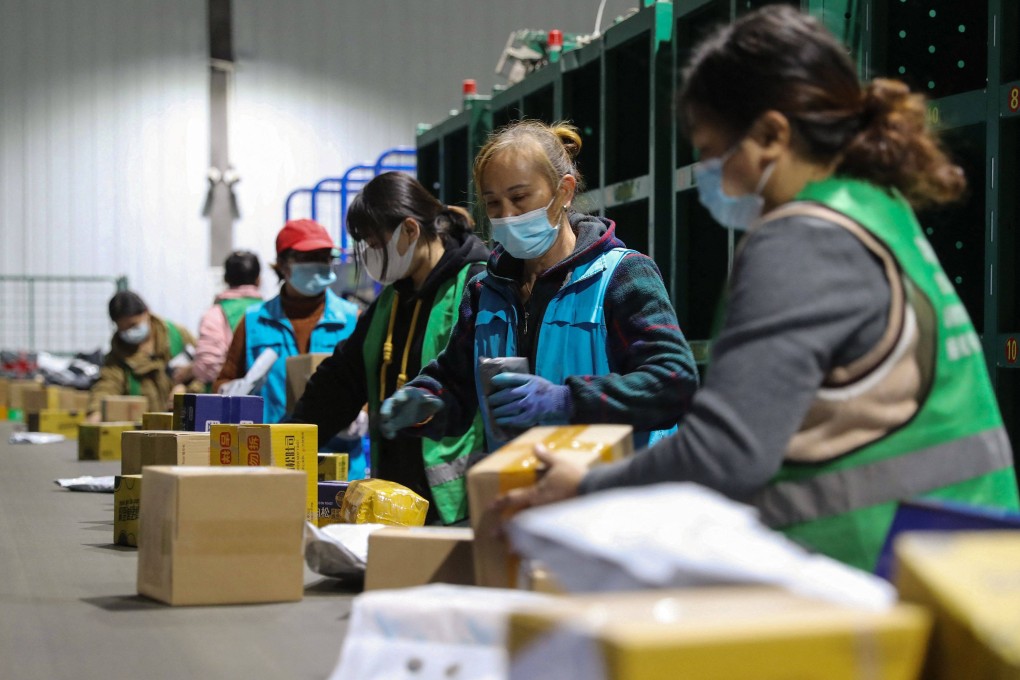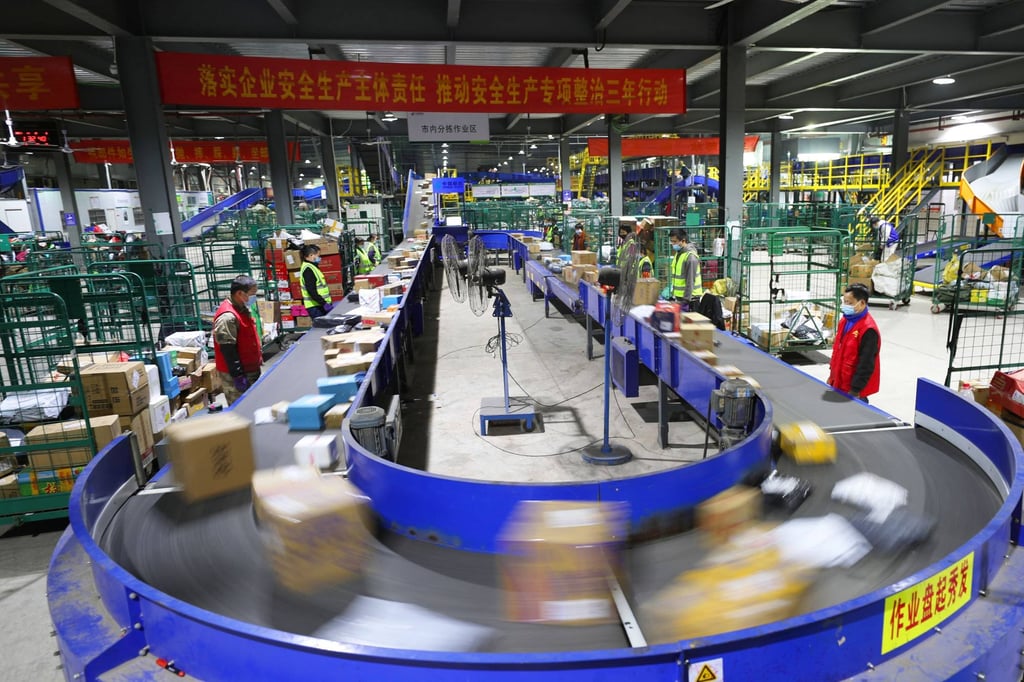Asian shoppers unwrap Singles’ Day spoils, leaving US consumers to bear brunt of supply chain woes
- Americans have to wait months for goods from China, but a Singles’ Day mega-shopper in Singapore who bought 191 items has received most of their packages already
- Being closer to manufacturing hubs of China and Vietnam, and round-the-clock ports in the region have helped, even as the sector faces labour shortages and diesel price hikes


In fact, Lazada said it processed one-fifth of the parcels “at least 24 hours faster than last year”. The customer who bought 191 items has received 98 per cent of them, with just three items still on their way as of Wednesday.
In comparison, the supply chain in the US has snagged throughout the line, from delays in manufacturing hubs and exports, to congested ports within the US and disruptions to land logistics, where there aren’t enough truckers to unload and ship goods.
A New York Times report on Catch Co, a Chicago fishing company that produces a calendar counting down to Christmas, said the company would be snared by supply-chain delays that meant the calendar would take 130 days to arrive from a Chinese factory, compared with the typical 60 days. Catch Co estimated the calendar would only get to Walmart stores sometime this week at the earliest, even though they started making the calendars as early as April.
Rahul Kapoor, vice-president of maritime and trade at IHS Global Insight, said he wouldn’t claim that Asia was entirely OK, “but we’re slightly better off”.